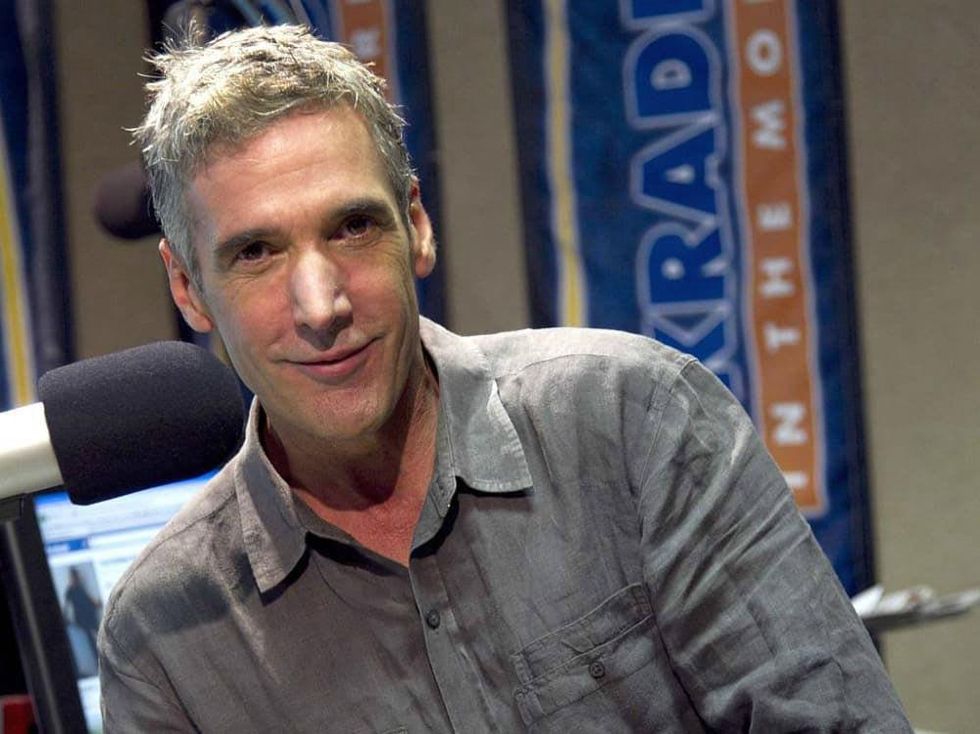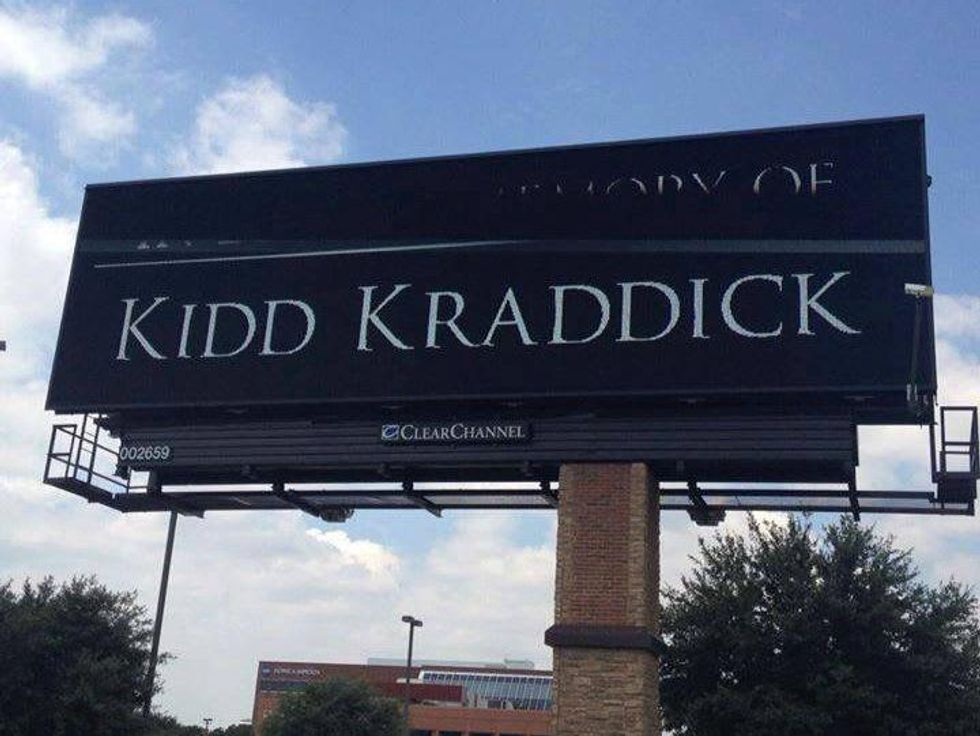The day has come: Radio station 106.1 KISS FM and Yea Networks have proclaimed Friday, August 2, to be Kidd Kraddick Kidd's Kids Day, honoring radio legend Kidd Kraddick, who died on July 27 in New Orleans. This special proclamation culminates a week-long on-air celebration of Kraddick’s life.
Listeners can honor Kraddick's legacy on Friday by contributing to his charity Kidd’s Kids, which arranges for chronically ill and physically challenged children to get trips to Walt Disney World.
There are four ways to donate on Friday:
- Contribute at participating DFW Raising Cane's Chicken Fingers locations
- Donate online at 1061kissfm.com
- Text “KIDD” to 52000 to automatically donate $10
- Call 214-866-8106 to donate via phone
A Dallas radio staple since 1984 and host of Kidd Kraddick in the Morning, Kraddick was also dedicated to his charitable efforts for children, said Kelly Kibler, of Clear Channel Media and Entertainment.
“Kidd devoted his life to making people smile every morning, and for 21 years his foundation has been dedicated to bringing joy to thousands of chronically and terminally ill children,” she said.
In addition to taking donations, the cities of Dallas, Fort Worth, Arlington, Allen, Flower Mound, Euless, Bedford, Grapevine, North Richland Hills, Addison, Coppell, Denton, Mansfield, Southlake, Plano, Frisco, Grand Prairie, McKinney, Carrollton, Weatherford, Richardson, Irving, Garland and Mesquite have made official proclamations to designate August 2, as Kidd Kraddick Kidd's Kids Day. Southwest Airlines is also a participant.
The family is planning a public memorial service and will announce details in the upcoming days.





